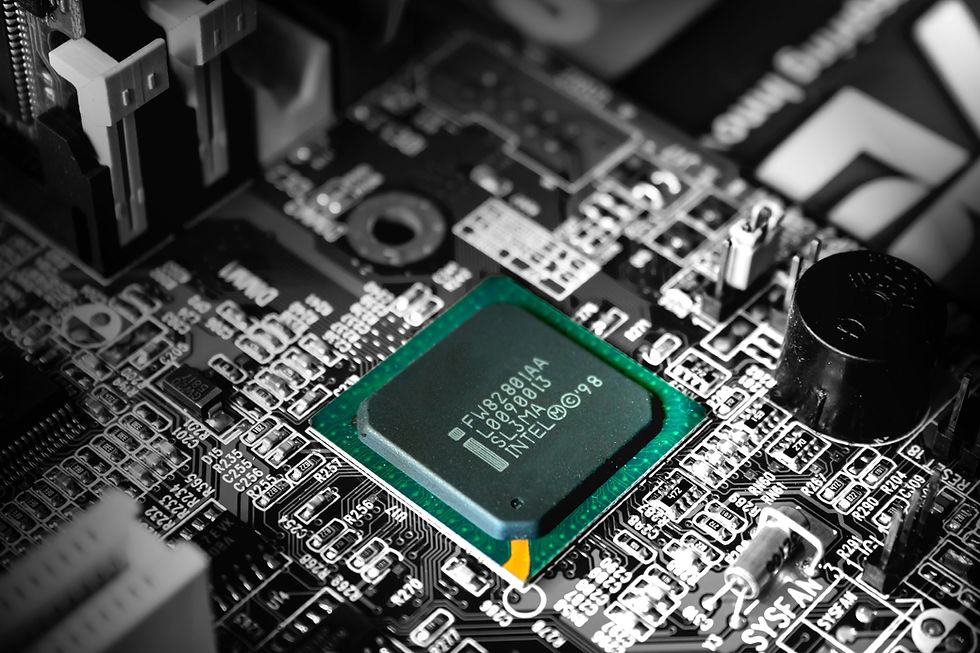A Brave New World
- Dom T. Ghazan

- 12. Jan. 2022
- 2 Min. Lesezeit
Aktualisiert: 17. Okt. 2022
Strikingly, the Internet has, ever since its inception, increasingly enabled the Global South to participate in global economic endeavors more inclusively—in essence, catering tangible benefits for individuals who would have otherwise been excluded from providing their goods and services.
Above all, the latter benefit stems from overall reconfiguration of capital and commodity flows, reducing geographic frictions, rolled out by techno-mediated changes in connectivity. As a result, the increased symmetry of knowledge boasts better functioning markets, subsequently, enabling mitigation of risks from regional supply chain bottlenecks in times of crisis— not lastly, in order to maintain global price stability in lieu of inevitable inflation.
Unambiguously, distributed ledger technology reinforces two primary pillars of international trade. First, it enhances transparency in tracking and tracing how goods are being processed, and second, it helps digitizing the trade process along supply chains.[1]
''DLT can not only be applied in automized supply chain and fleet management or processing of import/export customs documentation, but also, in asset transfer and movement, security of data exchanges, and automatic execution of contract terms between parties." [2]
In real terms, the Gretchenfrage arising from the pandemic is how value can be accrued and stored over time, if there is excessive risk in markets due to ubiquitous uncertainty. Essentially, a global liquidity crisis does neither bow to notions of ‘Tit for Tat’ nor can it be set aside indefinitely—neither by G20 nations, nor private sector entities. Therefore, it bears noting, that health, or rather its demise, as highest good in the Anthropocene, inevitably leads to amalgamation of new laws as necessary corollary.[3]
An attempt as to how common good, goods, and their exchange are interconnected by virtue of the Internet of Information, Value, and Things; shall be delineated in this series of blog articles. We are very much looking forward to presenting to you our take on virtuality, assets, and the metaverse. Ultimately, all three of which foster the United Nations Sustainable Development Goals 2030 and make life on planet earth more inclusive for each and every one of us—what a journey.
DTG

[1] Deepesh Patel and Emmanuelle Ganne, ‘Blockchain & DLT in Trade’ (World Trade Organization, November 2020) 8.
[2] Susana Nascimento, Alexandre Pólvora and Joana Sousa Lourenço, #Blockchain4EU: Blockchain for Industrial Transformations. (European Commission 2018) 23.
[3] Anne Peters, ‘COVID-19 as a Catalyst for the (Re-)Constitutionalisation of International Law: One Health ─ One Welfare’ (2020) 2020–44 MPIL Research Paper Series.






Kommentare